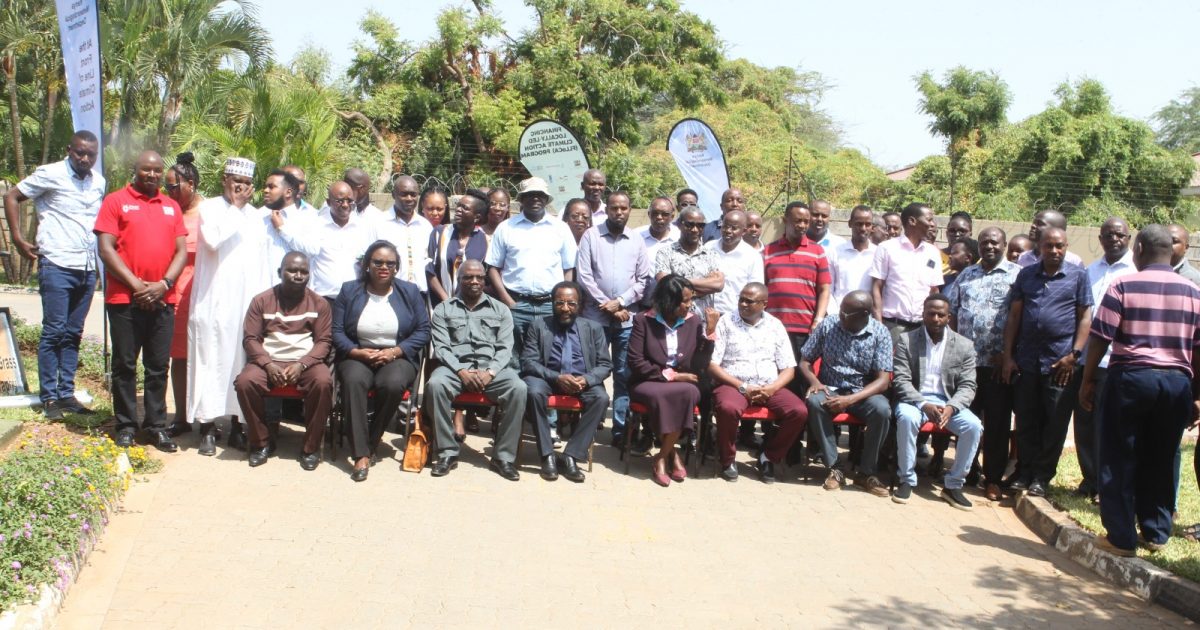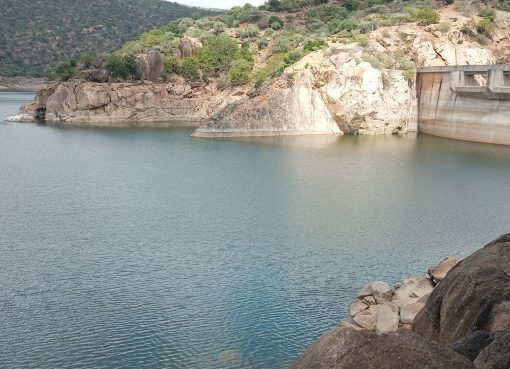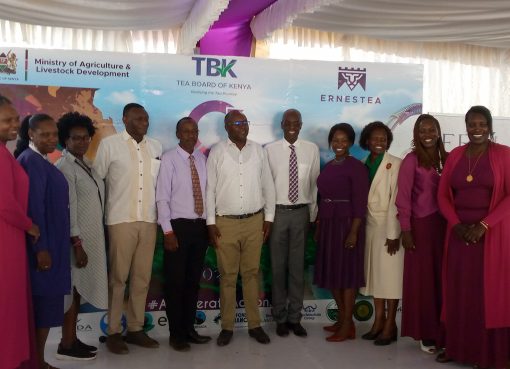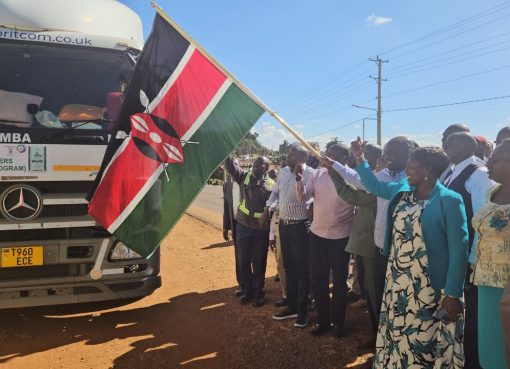The Kenya Meteorological Department (KMD) is rooting for the introduction of Early Warning Systems (EWS) to minimize the effects of adverse weather by alerting Kenyans against weather related disasters such as floods to facilitate preparedness and response.
According to the Meteorological department, the impacts of severe weather events in the country have led to increased casualties and significant damage to property and infrastructure, causing adverse economic consequences for communities.
Speaking during the 10th National Climate Outlook Forum (NCOF) in Garissa, the KMD director, Dr. David Gikungu, regretted that despite well forecasted events by the agency, the devastating effects of weather still occur, putting a question on the consumption of weather information.
Gikungu noted that it was important to bring together all the stakeholders of weather and climate information with the aim of understanding the expected impacts and anticipatory actions that can be taken to minimize the effects of adverse weather.
“The objective of NCOF is to enhance meaningful interaction between the producers and users of climate information at the national level. It is critical to collaborate with the relevant stakeholders and institutions to assist communities mitigate against the extreme weather events,” Gikungu said.
“Early warning for anticipatory action involves identification of potential risks and threats before they become a full-blown crisis and taking proactive measures to prevent or mitigate their impacts,” he added.
Gikungu further noted that his department was preparing to launch the Early Warning for All in the country, an initiative drawn from the United Nations Secretary General to ensure that everyone on earth was protected from hazardous weather, water, or climate events through life-saving early warning systems by the end of 2027.
In a speech, read by senior deputy secretary at the state department for Environment, Esther Lokwei, Environment and Forestry Cabinet Secretary, Aden Duale, called for proper understanding and anticipation of climate risks so as to inform both short- and long-term decisions that would enable contributing to the resilience of governments, organizations and individuals to the current climate change while preparing them for an uncertain future.
He emphasized on the importance of a well-functioning climate service that is able to contribute to the resilience of the parties that were involved.
“I encourage us all to utilize the information presented by the meteorological Department to ensure the safety of life, protection of property and conservation of the environment in an effort to secure the lives and livelihoods of future generations,” Duale said.
The three-day workshop brought together several stakeholders among them representatives of various ministry department agencies, development partners, civil society organizations and all stakeholders of weather and climate services.
Others in attendance are representatives of the WFP, UNDP, and United Nations Disaster Risk Reduction.
By Erick Kyalo and Grace Nyawira





